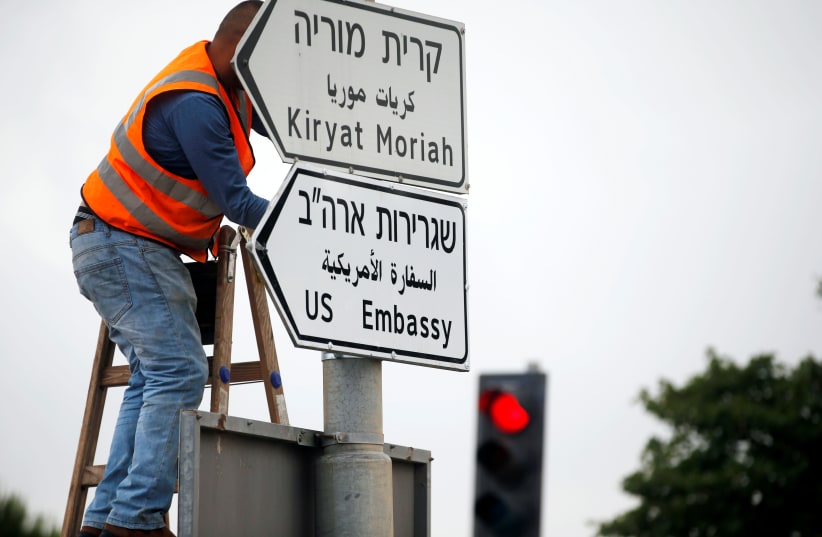Jonathan Pollard and a Jerusalem embassy: Parallels in history?
Pollard's freedom came after protests, hunger strikes, letters, and appeals, and few have looked back since he was released. In the best-case scenario, this, will be the fate of the US Embassy move.
